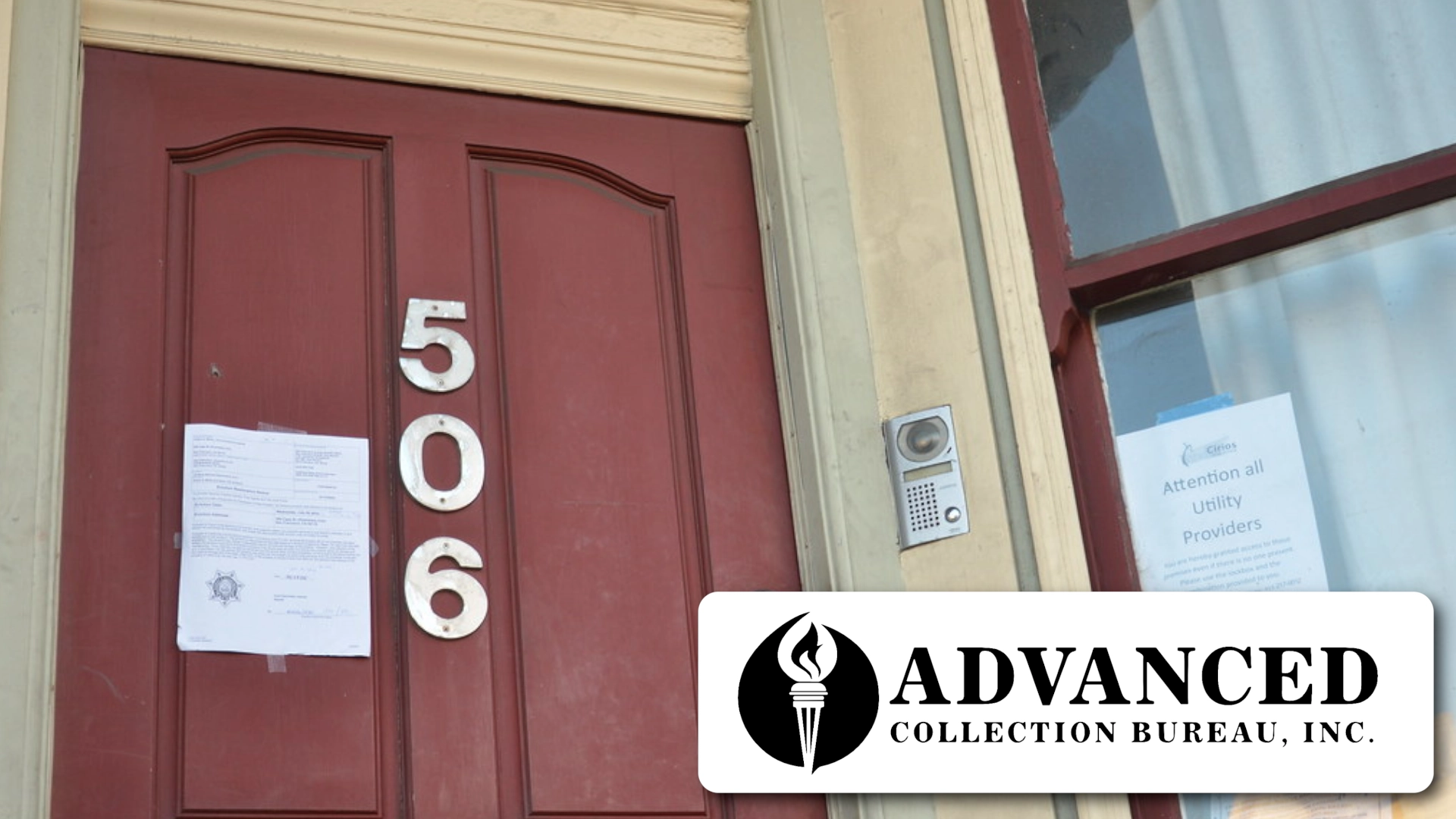Receiving or serving a 3 day eviction notice is a serious moment in any landlord-tenant relationship. For property owners, it signals a breakdown in lease compliance. For tenants, it often comes as a wake-up call—or a source of stress and confusion.
But what exactly does a 3 day eviction notice mean? And what happens next? Whether you're a landlord trying to enforce rent collection or a tenant navigating a difficult situation, it’s essential to understand the legal weight and implications of this notice.
At Advanced Collection Bureau (ACB), we assist landlords across the U.S. with rent recovery, including the aftermath of evictions. Here’s what you need to know about this common legal tool and how to handle it effectively.
What Is a 3 Day Eviction Notice?
A 3 day eviction notice is a legal notice typically issued when a tenant has violated a lease agreement—most commonly by failing to pay rent. It gives the tenant three days to either pay the overdue rent, fix the lease violation (if the law allows), or move out of the rental property.
This type of notice is also known as a 3-day notice to quit or 3-day notice to vacate, depending on state law. While requirements vary by jurisdiction, the core purpose remains the same: to notify the tenant that legal eviction proceedings may begin if the issue is not resolved within three days.
To understand how this plays out in specific states like Texas, visit Texas 3 Day Notice to Vacate Requirements.
What Does the Notice Include?
A properly written 3 day eviction notice should include:
- The date the notice was served
- The amount of unpaid rent (if applicable)
- The violation of the lease
- A clear demand for compliance or vacancy within three days
- The property address
- Instructions for where to pay or contact the landlord
- A signature or name of the landlord or their agent
If this information is missing or incorrect, courts may throw out the notice and delay the eviction process.
For more detail on compliant delivery, check out How to Serve an Eviction Notice Properly.
What Happens After the Three Days?
If the tenant complies by paying overdue rent or fixing the issue, the notice may be voided, and the lease continues. But if the tenant fails to act, the landlord can proceed by filing a formal eviction lawsuit—often called a forcible detainer or unlawful detainer action.
It’s important to note: the eviction process doesn’t happen automatically. A court order is required to legally remove a tenant. Locking out a tenant without that court approval is illegal in most states.
Once a judgment is entered, the court may issue a writ of possession, allowing law enforcement to physically remove the tenant if necessary.
To better understand the balance between firm collection and respectful communication, visit How to Effectively Communicate with Non-Paying Former Tenants.
Common Misunderstandings About the 3 Day Notice
Many tenants believe a 3 day notice means they have to be out immediately. While the notice begins the process, tenants still have legal rights, including the opportunity to contest the eviction in court.
Landlords often mistakenly assume they can change the locks or remove a tenant after the three days are up. But until a court rules in your favor, self-help evictions are usually illegal and can result in costly penalties.
That’s why having a strong collection and legal support partner like ACB can help guide you through this complex process with confidence.
Rent Recovery After Eviction
Even after a successful eviction, unpaid rent often remains. This is where collection agencies like ACB step in. We help landlords recover those balances—without charging any upfront fees and without damaging the landlord's reputation in the process.
We report debts to credit bureaus twice a month, use advanced skip tracing to locate former tenants, and contact co-signers when appropriate. Our 25+ years of experience make us a reliable partner for rent recovery long after the tenant has moved out.
For a full picture of how the process works, check out How Apartment Debt Collection Works.
Final Thoughts: It’s Not Just a Piece of Paper
A 3 day eviction notice isn’t the final step—it’s just the beginning. But how you handle it can make all the difference in the speed and success of your rent recovery efforts. For landlords, the key is compliance, consistency, and working with a trusted recovery partner. For tenants, it’s important to know your rights and act quickly.
At Advanced Collection Bureau, we support landlords through every stage—from missed rent to final judgment and beyond.














